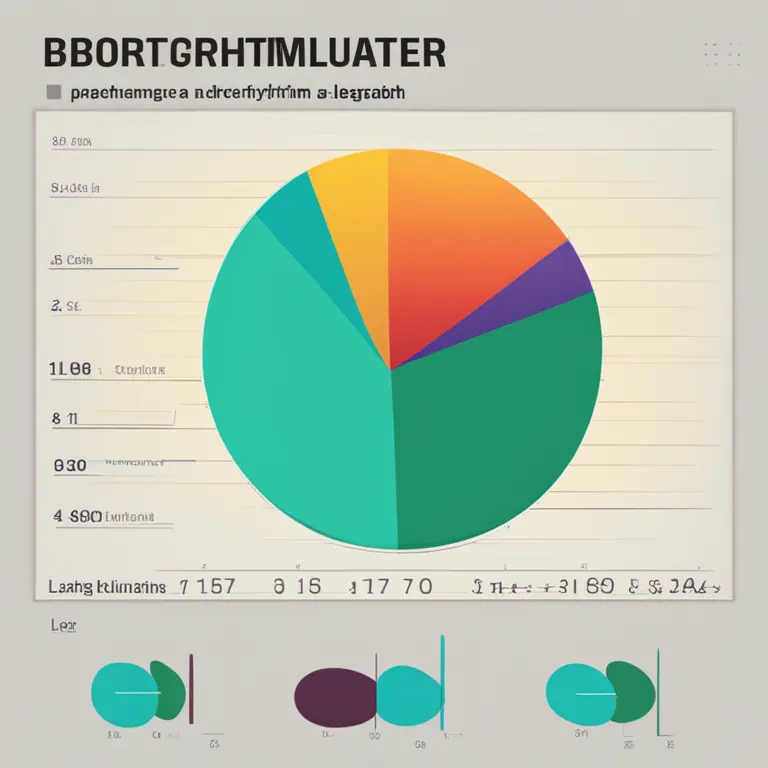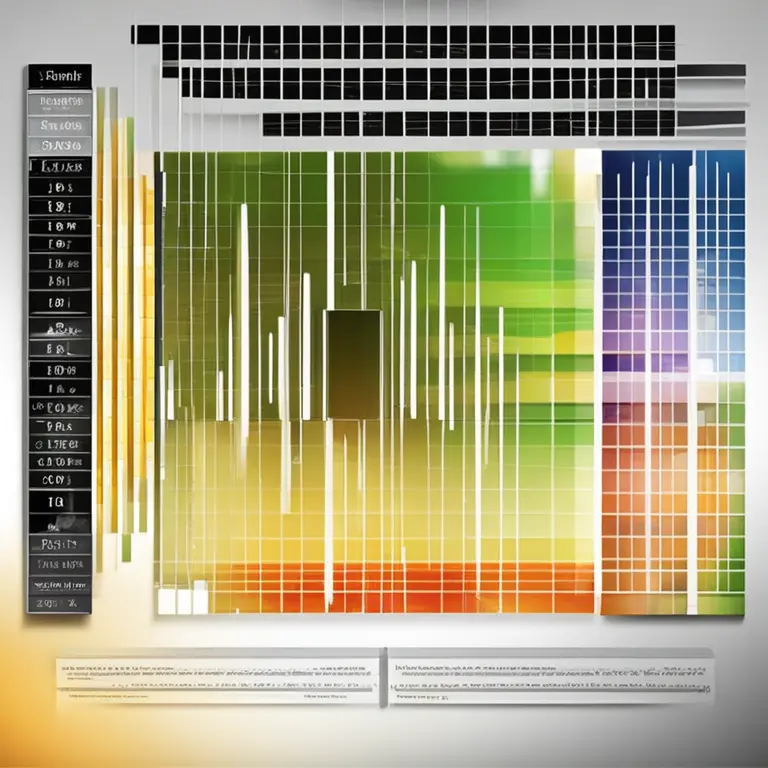
The Rhythms Within: Insights from Biorhythm Readings
Discover the potential of biorhythm readings in harmonizing with your life's natural cycles for improved well-being and decision-making.
article by Adrian Wallace
An Introduction to Biorhythms
Biorhythms are a complex concept rooted in the idea that our lives are governed by natural physiological cycles. These rhythms are thought to regulate various aspects of our physical, emotional, and intellectual well-being. Since the late 19th century, when the theory was first proposed by Wilhelm Fliess, the study of biorhythms has intrigued individuals seeking a deeper understanding of their personal cycles. The proposition is that by tracking these rhythms, one can gain insights into their optimal times for various activities and life events.

The Three Primary Cycles
Biorhythm theory rests on three primary cycles: the Physical, the Emotional, and the Intellectual. Each of these has a different period: the Physical cycle typically lasts 23 days, governing our stamina, strength, and overall health. The Emotional cycle, with a 28-day span, affects our mood, feelings, and creativity. The Intellectual cycle, completing its loop every 33 days, influences cognitive functions, decision-making, and communication. Understanding these cycles can be key to optimizing one's approach to daily tasks, interpersonal interactions, and critical thinking.

Modern Biorhythm Calculators
With technological advancements, various tools and online calculators now exist to help individuals chart their biorhythms. These calculators require your date of birth as the primary data and utilize complex algorithms to plot your cycles. Many apps and websites in 2024 and beyond also account for leap years and other calendar anomalies to provide precise readings. Biorhythm calculators have become more personalized, some even considering unique life events and long-term patterns in their algorithmic predictions.

Applying Biorhythm Readings in Daily Life
The practical application of biorhythm readings can be valuable across different areas of one's life. For example, scheduling critical business meetings or negotiations during high phases of your intellectual cycle might lead to more favorable outcomes. Similarly, understanding your physical cycle can guide you to choose the best time for beginning new fitness regimens or engaging in competitive sports. Embarking on new relationships or social endeavors during the peak of your emotional cycle may lead to more enriching experiences.
Skeptics and Scientific Scrutiny
As with any concept beyond the realm of conventional science, biorhythms face skepticism and calls for empirical evidence. Critics argue that biorhythm theory lacks a substantial scientific foundation and points toward the placebo effect as a potential explanation for its perceived accuracy. Despite this, supporters rally around anecdotal success stories and the personal affirmation provided by biorhythms – an aspect of human nature that craves pattern and predictability. The discussion remains active, with new research and perspectives surfacing in the discourse.
The Future of Biorhythm Studies
The investigation into biorhythms continues to evolve. Current studies delve into genetic markers and the influence of circadian rhythms on biorhythms, suggesting that the concept may intersect with established scientific understanding in the future. As machine learning and artificial intelligence applications advance, the precision of biorhythm predictions is likely to improve, potentially offering a synthesis of holistic wellness and data-driven analytics that could alter perceptions and acceptance worldwide.
Published: 1/30/2024
Modified: 1/30/2024
More predictions
Come back here soon to learn more about yourself and your future


Between Biorhythm & Compatibility: Sync Your Cycles
Discover how biorhythm compatibility can impact relationships and find harmony by syncing your physical, emotional, and intellectual cycles.


Sync Your Cycles for Harmony With Biorhythms
Delve into the synchronization of personal biorhythms to enhance relationship compatibility and understand its role in fostering deeper connections.


Unlocking The Biorhythms Guide
Delve into the fascinating world of biorhythms to learn how they influence your physical, emotional, and intellectual states, potentially shaping your daily life and decisions.